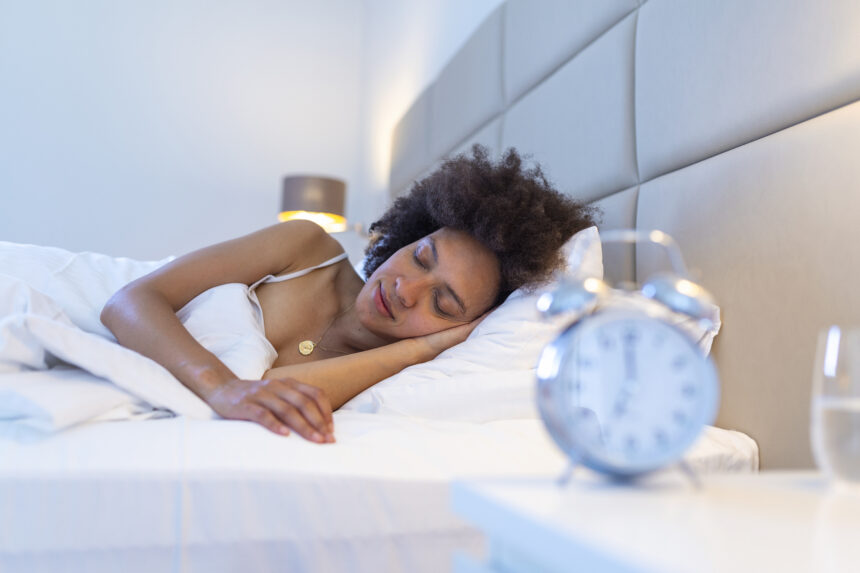A good night’s sleep is vital for our overall well-being and quality of life. However, many South Africans struggle with sleep-related issues, which can have a detrimental impact on their physical and mental health. Factors such as stress, lifestyle choices, and environmental conditions can disrupt our sleep patterns. Fortunately, by adopting healthy sleep habits and making a few adjustments, we can improve the quality and duration of our sleep. Here are some tips for a good night’s sleep in South Africa.
- Establish a Consistent Sleep Schedule: Try to go to bed and wake up at the same time every day, even on weekends. This helps regulate your body’s internal clock and promotes a more consistent sleep pattern.
- Create a Calming Bedtime Routine: Engage in relaxing activities before bed to signal to your body that it’s time to wind down. This could include reading a book, taking a warm bath, practicing meditation or deep breathing exercises, or listening to soothing music.
- Make Your Bedroom a Sleep-Friendly Environment: Ensure your bedroom is cool, quiet, and dark. Use blackout curtains or eye masks to block out any unwanted light. Consider using earplugs or a white noise machine to mask disruptive sounds. Also, invest in a comfortable mattress, pillows, and bedding that suit your preferences.
- Limit Stimulants and Electronic Devices: Avoid consuming caffeine or nicotine close to bedtime, as these substances can interfere with your ability to fall asleep. Additionally, the blue light emitted by electronic devices like smartphones, tablets, and laptops can disrupt your sleep. Try to avoid using these devices at least an hour before bed.
- Create a Relaxing Atmosphere: Consider using aromatherapy to create a calming atmosphere in your bedroom. Essential oils such as lavender, chamomile, or ylang-ylang have soothing properties that can promote better sleep. Use a diffuser or sprinkle a few drops on your pillow.
- Exercise Regularly: Engaging in regular physical activity during the day can help you sleep better at night. However, avoid exercising too close to bedtime, as it can energize your body and make it difficult to fall asleep. Aim to finish your workout at least a few hours before bed.
- Manage Stress: Stress can significantly impact the quality of your sleep. Practice stress management techniques such as mindfulness, meditation, or journaling to help relax your mind and promote a more peaceful sleep. Additionally, engaging in regular exercise, seeking support from friends or professionals, and maintaining a healthy work-life balance can all contribute to stress reduction.
- Limit Napping: If you struggle with falling asleep or staying asleep at night, limit daytime napping or avoid it altogether. If you must nap, keep it short (around 20-30 minutes) and avoid napping too close to your bedtime.
- Watch Your Diet: Be mindful of what you eat and drink, especially in the evening. Avoid heavy meals or spicy foods close to bedtime, as they can cause discomfort and disrupt your sleep. Additionally, limit your fluid intake in the hours leading up to bedtime to minimize the need for nighttime bathroom trips.
- Seek Professional Help if Needed: If you consistently experience difficulties with sleep or suspect you may have a sleep disorder, it’s essential to seek professional help. Consult a healthcare provider or a sleep specialist who can evaluate your condition and provide appropriate guidance and treatment.
By implementing these tips and prioritizing good sleep hygiene, you can improve the quality and duration of your sleep in South Africa. Remember, a good night’s sleep is a key pillar of optimal health and well-being, allowing you to wake up refreshed and ready to tackle the day ahead.










